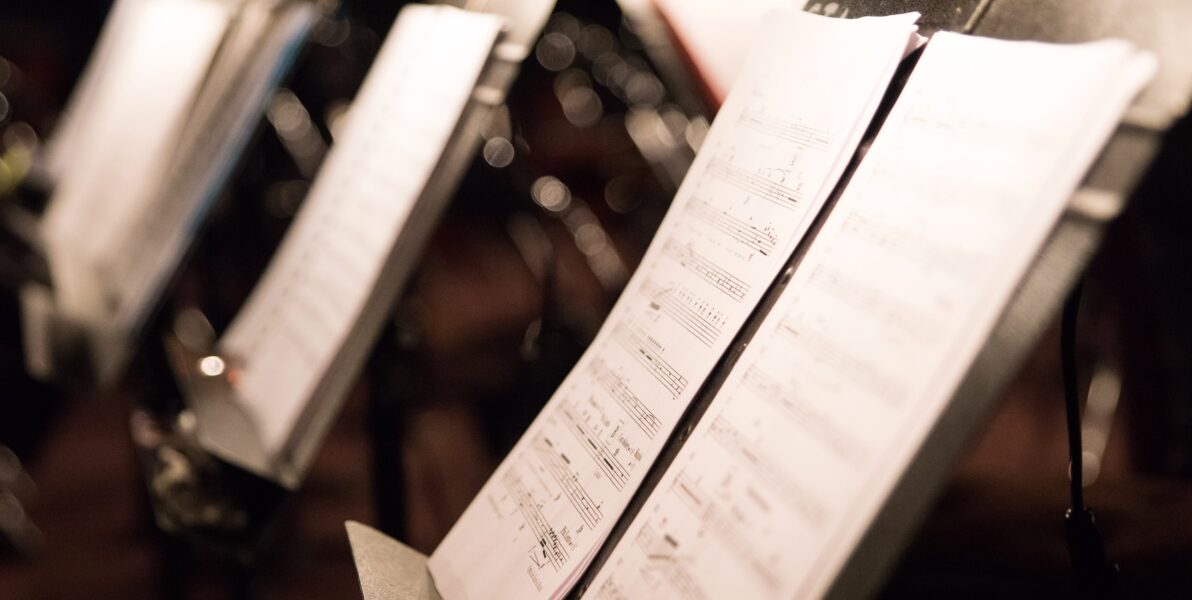Menu

English tenor, Mark Le Brocq studied at Cambridge University, the Royal Academy of Music and the National Opera Studio. Formerly a Company principal at the English National Opera, Mark is also an experienced recitalist and has performed extensively throughout Europe and the US, as well as all major UK venues. Recently Mark appeared in the critically acclaimed Opera North production of King Croesus. Andrew Smith won a music scholarship from Canterbury Cathedral School to Eton. He then completed a post-graduate course at the Royal Academy of Music under Malcolm Martineau. He has performed as a soloist in all the major concert halls and has recently worked extensively at Glyndebourne.
Skipton Music welcomed two English musicians on Tuesday. Tenor Mark Le Brocq is a former choral scholar at Cambridge, student of the Royal Academy and the National Opera Studio and principal at English National Opera. As recital and oratorio soloist he has performed widely in Great Britain, Europe and the USA.
Pianist Andrew Smith, a music scholar at Eton, with a first-class degree from Kent and a post-graduate Diploma from the Royal Academy, has played as soloist throughout the UK and Ireland and worked extensively at Glyndebourne.
Their recital opened with an apparently unannounced piano solo until Mark appeared from the back of the hall inviting the audience to "Come All Ye Songsters" - one of three Purcell songs, performed with mastered attention to phrasing and dynamics. In the first of his helpful and amusing comments throughout their programme, he promised an evening of "succulent fecundity!" We were not disappointed.
Two Handel arias, delicately ornamented in "Where'er You Walk", Fauré's short song-cycle "Poème d'un Jour" and Tippet's "Boyhood's End", a challenge in interpretation and musicianship for soloist and accompanist alike, all showed proof of an outstanding partnership. Andrew also gave a delightful solo performance of Debussy's "Clair de Lune".
After the interval the programme ranged through Mozart's Idomeneo aria "Vedrommi Intorno", Lalo's love-lorn "Vainement ma Bien Aimeé" to Finzi's characteristically English song cycle "O Fair to See" with consummate singing and accompaniment. Ending with a group of folk songs, this was a recital to savour which the audience acknowledged generously.
Douglas Riddiough